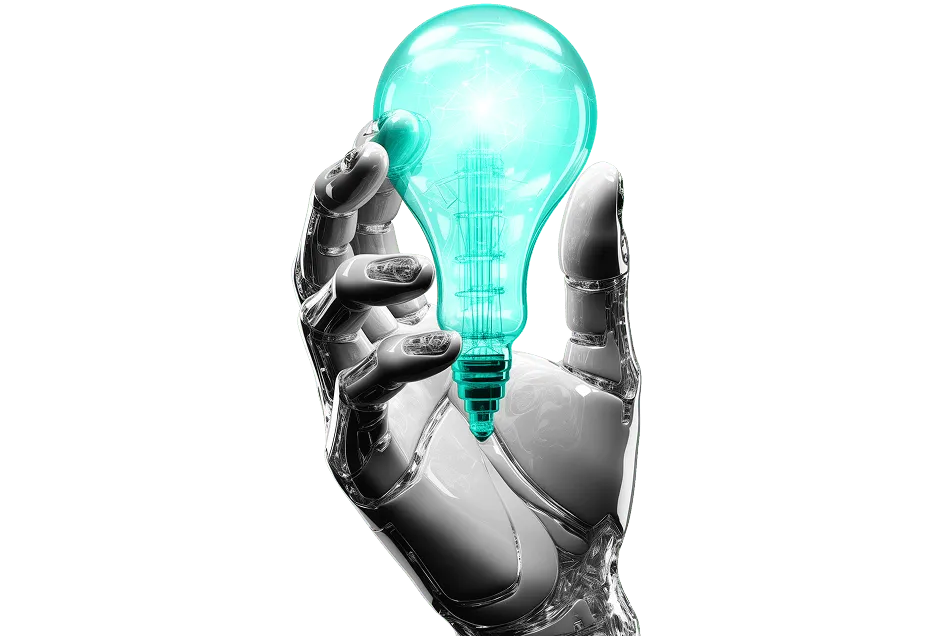Understanding Gen AI-Driven Skill Evolution for 2024 & Beyond
This week, I was fortunate to run several product workshops and understand how businesses plan for 2024 and beyond.
- Organizations are now keenly zeroing in on identifying and expanding specific skills related to Generative AI, moving past the era of general impact assessments to a nuanced exploration of skill evolution within this domain.
- Distinct trends are making waves across different sectors, for example, the adoption of adaptive retail strategies in the retail sector and an intensified focus on oncology in biopharmaceuticals, showcasing the sector-specific impacts of technological and scientific advancements.
- There’s an increased prioritization of professionals with 5 to 10 years of experience, recognizing this group as pivotal innovators and key drivers of technological advancement.
- A deliberate focus on evaluating nearshore talent is emerging, aiming to strike an optimal balance between cost efficiency and acquiring high-quality advanced skills, underscoring strategic geographical considerations in talent sourcing.
- There’s an intensified examination of core skills and the pathways through which these foundational abilities evolve into advanced competencies, highlighting a detailed interest in the skill transformation process.
- Leadership Reskilling is also emerging as a key. With several structural changes in the labor market, understanding the digital and soft skills required to support the transition is also an interesting aspect of the study.
- Blue-collar workers increasingly integrate digital skills and technologies into their roles, reflecting a significant shift towards digitalizing traditional industries. This transformation is not just about adopting new tools but also involves a fundamental change in how these workers approach their jobs. It emphasizes digital literacy, smart devices and applications, and the ability to interact with automated and connected systems.
Details are critical when it comes to being useful for Human Resources. We can no longer afford not to understand the granular details of what is changing in each role. Here is an example of how the Software Engineer role is changing as per Draup Analysis (as an example)
- Mastery of modern programming languages and frameworks is critical, with languages like Go offering high performance and simplicity as alternatives to Java and Python. Frameworks such as React and Angular are also in high demand, emphasizing their importance.
- Cloud computing skills, including knowledge of cloud-native development, microservices, and containerization with tools like Docker and Kubernetes, are essential in today’s tech landscape.
- Artificial Intelligence (AI) and Machine Learning (ML) proficiency is increasingly valuable, focusing on data manipulation, algorithm development, and the use of AI/ML libraries without needing deep knowledge of the underlying models. Skills in AI-optimized hardware like GPUs and Vector databases are also crucial as the field evolves.
- Understanding DevOps and CI/CD practices is necessary for rapid and iterative software development, including automation in testing and deployment.
- Cybersecurity awareness, covering secure coding, threat modeling, and security testing, is vital for protecting digital assets.
- Soft skills, including problem-solving, critical thinking, collaboration, and adaptability, are indispensable, particularly in leadership roles.
- Knowledge of edge computing is growing in relevance due to the expansion of IoT and mobile technologies, underscored by advancements like Tensor GPUs and M-series laptops.
- Blockchain technology understanding, while nascent, is important for grasping blockchain fundamentals and smart contract development, offering a competitive advantage and adaptability across various frameworks.
Our feature on Interpreted skills will be very helpful.
- We are excited to introduce our latest innovation, the “Interpreted Skills” feature. Our insight is that the skills listed on a resume offer only a momentary glimpse into a candidate’s abilities, failing to capture the full spectrum of foundational and additional skills they possess over time. To address this, we’ve developed a method that amalgamates foundational skills and categorizes them according to workload, a significant breakthrough conceptualized by Draup.
- This new approach to interpreting skills provides a dynamic and comprehensive profile of a candidate’s capabilities, extending beyond the static listings on a resume. By organizing skills with specific Workloads, we offer recruiters a deeper understanding of a candidate’s potential and how their skills align with various job functions and requirements.
- “Interpreted Skills” is designed to revolutionize the recruitment process, enabling a more nuanced and effective matching of job opportunities with the right talent. It empowers recruiters with a tool that can parse through the evolution of a candidate’s skills, providing critical insights for identifying the best fit for complex and dynamic roles. This feature not only enhances the efficiency of the recruitment process but also contributes to a more strategic and informed decision-making framework for talent acquisition.
The feature is an AI feature, so kindly give us time to perfect it fully. We are quite excited about how this aligns well with 2024 skills planning efforts.

Overall, we are pretty excited about HR’s role under emerging circumstances. If we plan the initiatives correctly, we can accelerate transformation and adaptation and make the enterprises genuinely care for a great workplace.










.svg)





















.svg)





.svg)
